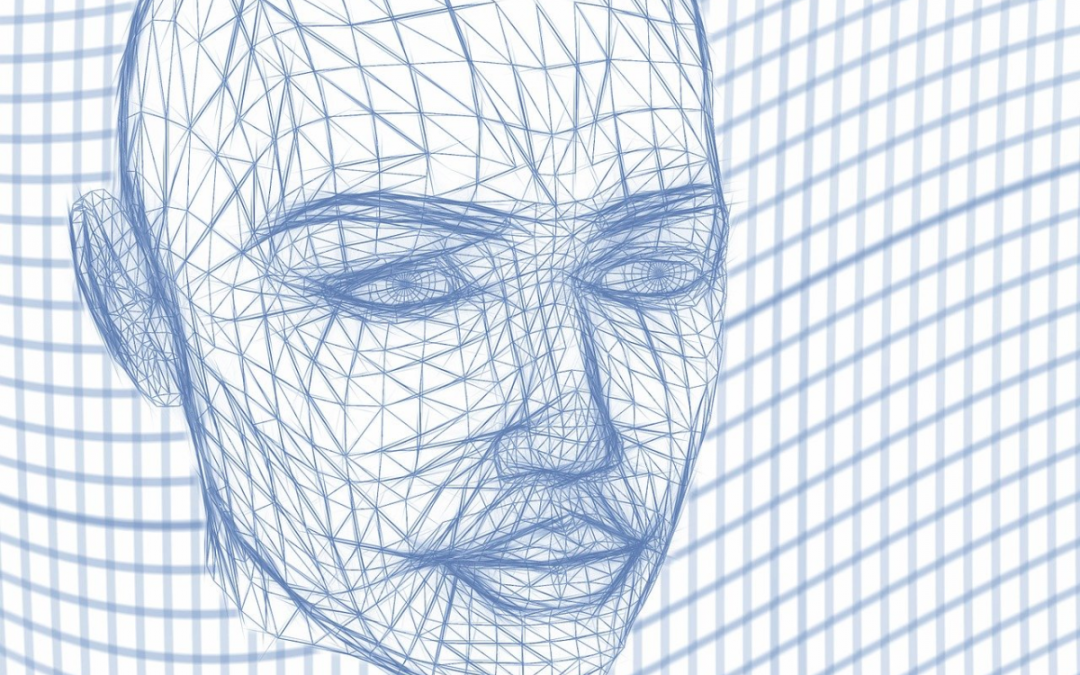A friend of mine told me that her virtual therapist made a really thoughtful intervention and she thought I should check it out!
I sent a dismissive response. Something along the lines of how could her virtual therapist manage the full palette of human complexity….I was shooting from the hip. I felt annoyed with the idea and thought it preposterous. Maybe I was a tad defensive. Since then I have read an article about it in the Guardian (Alice Robb 2 March 2024), have spoken to a few people and I am ready to be more thoughtful.
I now am open to thinking about some reasons why having a virtual therapist might be very attractive and helpful.
* An AI therapist is potentially endlessly available, accessible and knowledgable.
* Not like being on an NHS waiting list, virtual therapy is quick. Your therapist can be consulted in seconds.
* AI is also free or cheap. Depending on the virtual therapist’s breadth of knowledge and capacity, it could be that the bot is able to reflect with nuance and subtlety, drawing on responses from the most sophisticated and experienced living therapists in the world. That is mind blowing.
* AI can be a private resource and an easy way to consider complex problems.
* People who have tried it say that they are more likely to tell their virtual therapist the truth while maybe holding back with their real human therapist.
* You can create your own personalised and perfect AI therapist. From a list of attributes, you can make your therapist caring, supportive, clever to impersonate your favourite person – ‘from Socrates to Beyoncé to Harry Potter’.
* Although not real, your therapist is portable, lives in your pocket and can potentially be endlessly responsive. When your bot therapist is responding to you, pulsating three dots show that s/he/ is working on it, just as a real human might. That might be very convincing and I imagine can easily become very real!
* Sessions are flexible in time and conversations can be saved and returned to later.
* AI therapy can help attend to distress. Many researchers are saying that there are not enough mental health professionals alive to address needs. I am all for the greater good. Maybe it is now time, as in so many walks of life, to use the vast potential of AI for the good of humanity.
* AI therapists can be non-judgemental. Because the chat therapist is tailored to what a person wants, there may be a quick and easy ‘match’ and trust can develop quickly.
As I read the benefits above, I notice I feel a little queasy.
* I worry about checks and balances. I worry about data protection. AI therapy is not regulated and therefore as the market develops competitively so will bad and potentially dangerous practice.
* Though non-judgemental or unconditional positive regard is vital in therapy, so is challenge. Can an AI bot made in our own image and created from our preferences really provide the grit of challenge that is so much a part of what another different human being offers and part of the job description of a good therapist?
* Can AI therapy prepare us for the real world of complex relationships where discomfort and feeling out of control is important for us to learn and grow? Is the self deception at the root of AI therapy good for us?
* The beauty of a therapeutic relationship is being and journeying with another human. An AI bot can respond empathically, but not from a place of having known human suffering, therefore can it be truly sensitive and responsive at a deep level?
I am left with a big question: Is AI a help or can it harm us?

